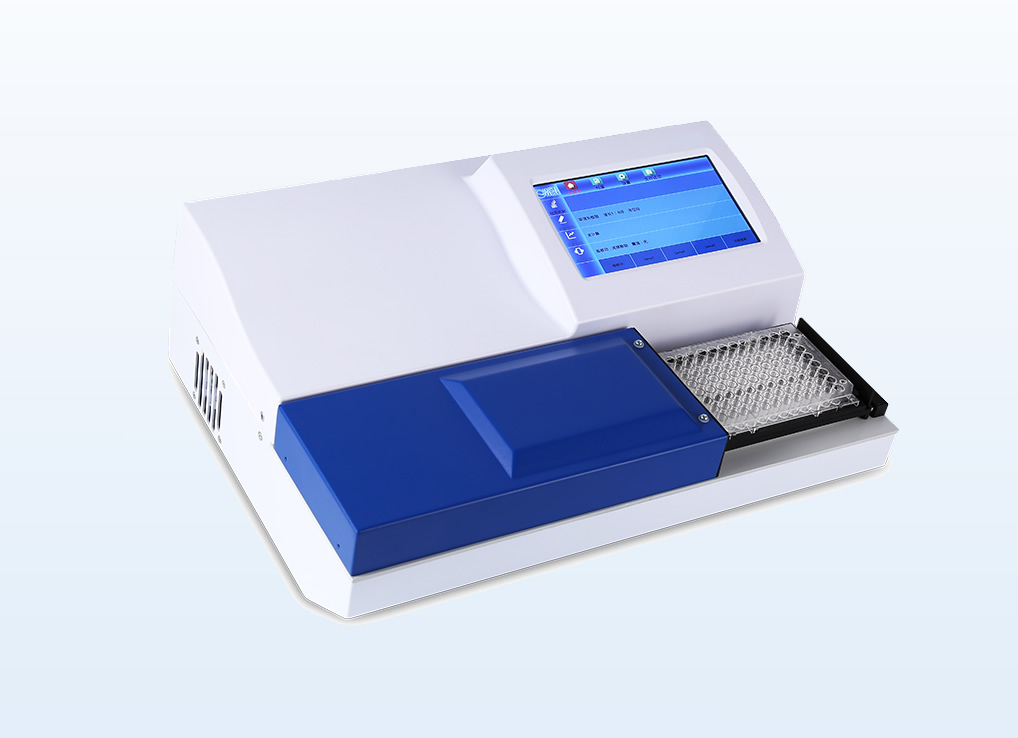How Veterinary Diagnostics Safeguard Pet Health
How Veterinary Diagnostics Safeguard Pet Health
Blog Article
Taking care of your pets’ health, lab tests for pets makes a big difference. Animal health testing centers provide crucial insights for household pets.
Through this guide, we’ll learn about the impact of animal health testing and highlight key tests.
What Are Veterinary Laboratories?
Labs focused on animal health conduct a range of tests to help diagnose conditions. They rely on specialized equipment to help vets identify problems quickly.

Core responsibilities of veterinary labs include:
- Identifying problems before they worsen: Prevents conditions from escalating.
- Managing long-term health issues: Ensures your pet stays on track.
- Adjusting medications as needed: Boosts recovery rates.
Common Veterinary Tests for Dogs and Cats
Animal diagnostic facilities offer a wide range of diagnostic options to evaluate pet health. Standard procedures include:
- Complete blood counts (CBC): Identify underlying diseases.
- Bladder health evaluations: Monitor hydration levels.
- Fecal tests: Identify worms or parasites.
- Skin and allergy testing: Pinpoint triggers.
- Imaging diagnostics: Identify hidden abnormalities.
clínica veterinária e laboratório ivdgenoma laboratório veterinário
Why Routine Exams Are Important for Pets
Ongoing health assessments ensures proactive care. By identifying potential problems early, they stay happy and healthy.

Key reasons for routine testing include:
- Maximized years with your pet: Keeping them thriving helps pets live longer.
- Cost-effective care: Addressing small problems early saves on emergency care.
- Closer connection through care: You’ll know they’re cared for.
Why Testing is Key for Dogs and Cats
Veterinary laboratories play a critical role in giving them the best care possible. With ongoing lab evaluations, you’re giving your pets the best chance at a happy, healthy life.
Schedule a diagnostic test today to protect their future!
Report this page